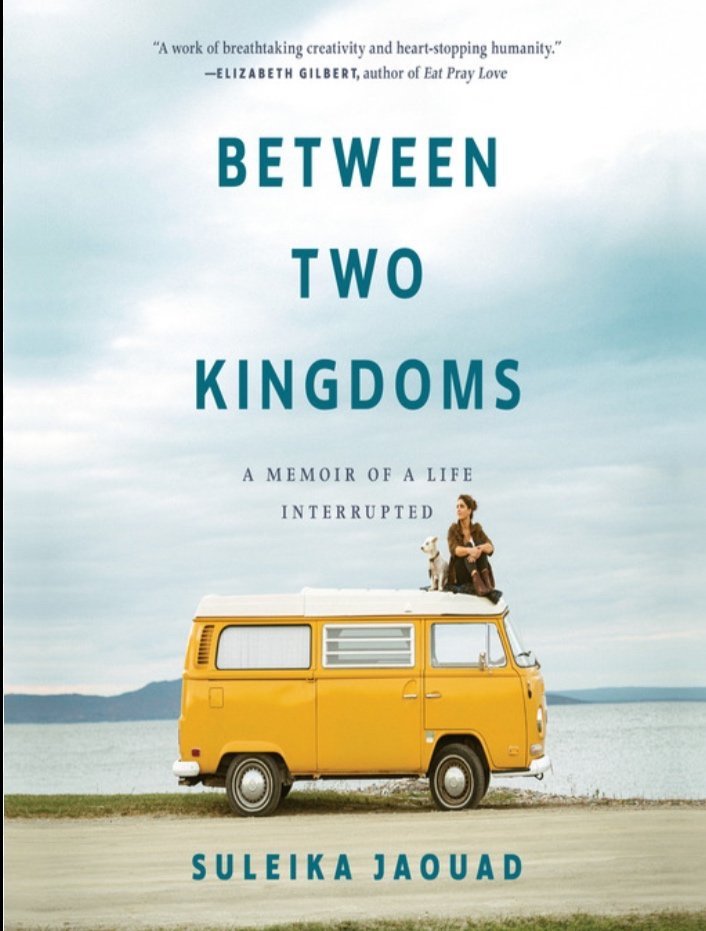Reading list
See below for a list of books that may be helpful to refer to when navigating a cancer experience:
1. Between Two Kingdoms: A Memoir of life Interrupted, by Suleika Jaouad
Summary: A young woman who, at the prime of her life, is given a cancer diagnosis with a 35% survival rate. Jaouad describes in detail the heartache of her diagnosis, grueling treatments, remission, and figuring out how to live again. Jaouad eloquently illustrates the thin line between the “kingdom of the well” and the “kingdom of the sick.”
Pros: Discusses in depth how cancer affects dating, intimacy, family relationships, identity, and career. Beautifully written, inspiring, and heart wrenching. An incredible juxtaposition between the terror of facing death and the vitality of perseverance.
Cons: Fairly specific to the experience of a young adult.
https://www.amazon.com/Between-Two-Kingdoms-Suleika-Jaouad/dp/0399588582
2. When Breath Becomes Air by Paul Kalanithi
Summary: An autobiographical, post-humously published account of an American neurosurgeon’s battle with Stage IV metastatic lung cancer. During the last few months of treatment, Kalanthi becomes solely focused on completing this book. He manages to complete it, with the epilogue written by his wife. Kalanthi desired to help people confront mortality and face death with dignity.
Pros: Explores the uncertainty of confronting death and suffering. Kalanithi experiences hope, hopelessness, complications, and end of life planning. An account of facing cancer from a medical professional’s perspective, and the transformation from doctor to patient. Authentically written in the midst of battling disease.
Cons: Possibly too much emphasis on life before cancer and decision to study medicine- may be boring or hard to relate to for some readers. Some readers report lack of emotional connection to author.
https://www.amazon.com/When-Breath-Becomes-Paul-Kalanithi/dp/081298840X
3. The Emperor of all Maladies by Siddhartha Mukherjee
Summary: A comprehensive history of cancer from when it was identified five thousand years ago until present day. As a medical oncologist, Mukherjee addresses cancer from a historian’s perspective and through the biological basis of cancer while also providing stories of patients and caregivers. The purpose of this book is to “provide hope and clarity to those seeking to demystify cancer.”
Pros: Great for people who enjoy history and deep examination of how disease came to be. Beautifully written, well-researched, sobering look at cancer. Provides a glimpse into future cancer treatments.
Cons: Language is somewhat difficult without a science background, could feel long and boring. Some reviewers recommended to read this book post-treatment.
https://www.amazon.com/Emperor-All-Maladies-Biography-Cancer/dp/1439170916
4. The Caregiver’s Guide to Cancer by Victoria Landes
Summary: This book helps caregivers to deal with their loved one’s diagnosis while also helping themselves. Landes details stage by stage guidance on how cancer affects the body, information on health care decisions and management, advocacy advice, and how caregivers can meet their own physical and emotional needs while dealing with unique challenges.
Pros: Easy to read, valuable, thorough, detailed. Called a “blueprint” for caregivers. Opens a community for caregivers.
Cons: Unclear if the patient stories are fact or fiction.



